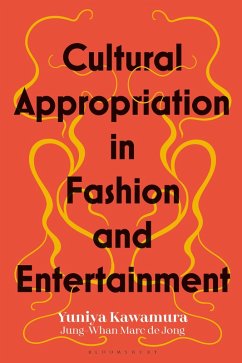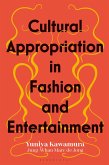Is it ever acceptable to "borrow" culturally inspired ideas? Who has ownership over intangible culture? What role does power inequality play? These questions are often at the center of heated public debates around cultural appropriation, with new controversies breaking seemingly every day.
Cultural Appropriation in Fashion and Entertainment offers a sociological perspective on the appropriation of race, ethnicity, class, sexuality, and religion embedded in clothing, textiles, jewelry, accessories, hairstyles and tattoos, as well as in entertainment, such as K-pop, Bhangra, and hip-hop.
By providing a range of global perspectives on the adoption, adaptation, and application of both tangible and intangible cultural objects, Kawamura and de Jong help move the conversation beyond simply criticizing designers and creators to encourage nuanced discussion and raise awareness of diverse cultures in the creative industries.
Cultural Appropriation in Fashion and Entertainment offers a sociological perspective on the appropriation of race, ethnicity, class, sexuality, and religion embedded in clothing, textiles, jewelry, accessories, hairstyles and tattoos, as well as in entertainment, such as K-pop, Bhangra, and hip-hop.
By providing a range of global perspectives on the adoption, adaptation, and application of both tangible and intangible cultural objects, Kawamura and de Jong help move the conversation beyond simply criticizing designers and creators to encourage nuanced discussion and raise awareness of diverse cultures in the creative industries.









